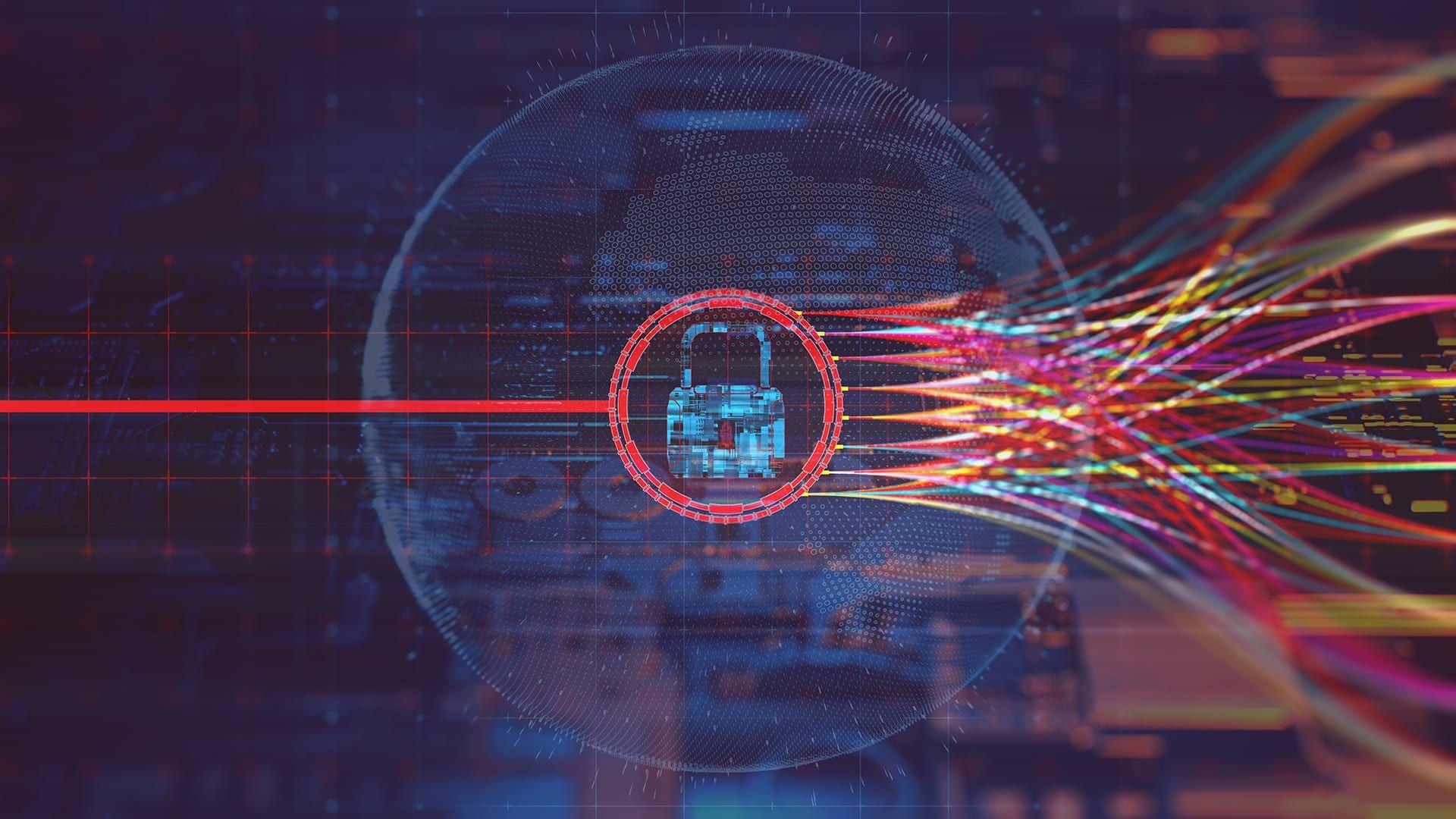The Importance of Cyber Security represents Every Person's Duty
The Importance of Cyber Security represents Every Person's Duty
Blog Article

In today's current digitally connected world, the significance of cyber security has not been more pressing. With the rise of digital transactions, social media interactions, and telecommuting work, our individual and career lives are increasingly intertwined with technology. This shift creates many opportunities for ease and advancement, but it also opens the door to various cyber risks that can affect anyone, whether or not they have their IT expertise.
Compare Options
While cyberattacks continue to develop in complexity, the responsibility for ensuring cybersecurity cannot rest solely on IT teams or specialized professionals. Instead, it is vital to recognize that everyone has a role to fulfill in protecting their online presence and the broader community. From individuals safeguarding their personal information to companies promoting safe practices among employees, a collective effort is necessary in building a robust defense against cybercrime. By encouraging a culture of awakened consciousness and vigilance, we can create a secure digital environment for everyone.
Understanding Cybersecurity Principles
Cyber Security is the practice of protecting computers, systems, and data from unapproved access, theft, and destruction. It includes a broad scope of tools and approaches tailored to safeguard data and preserve the integrity and confidentiality of data. As we increasingly rely on digital platforms for communication, money management, and personal interactions, understanding cyber security becomes essential for all individuals.
At its foundation, cyber security involves diverse strategies and instruments aimed at preventing cyber threats. These risks can range from malicious software and fraudulent attempts attacks to personal information theft and data breaches. Institutions use protective walls, malware protection, and data encryption to defend against these hazards, but users must also adopt preventive measures to defend their personal details on the internet.
Teaching ourselves about cyber security not only aids in protecting our individual data but also helps to the overall security of the digital society. Practicing safe internet activities, such as creating robust access keys, enabling copyright, and exercising caution with file links, plays a key part in preventing online threats. In the end, everyone has a part to play in creating a safe cyber ecosystem.
Typical Dangers and Vulnerabilities
In the current digital world, individuals and organizations face a range of cybersecurity threats. Phishing attacks are among the most widespread, where cybercriminals use misleading emails or messages to trick users into providing sensitive information such as credentials or financial details. These attacks are often masked as authentic communications, making them particularly insidious and difficult to detect. Knowledge and alertness are key to identifying such threats before they can bring damage.
Another major threat is malware, which includes viruses, invasive programs, and ransomware. Malware can invade devices through multiple channels, such as harmful downloads or hacked websites. Once executed, it can capture data, endanger systems, or keep information captive until a ransom is rendered. Regular software updates and robust antivirus solutions are essential to defending against malware, but user education is just as important to prevent inadvertent installations.
Lastly, poor passwords remain a major vulnerability in cybersecurity. Many individuals still use easily guessable passwords or duplicate them across various accounts, leaving them exposed to breaches. Robust, unique passwords combined with multi-factor authentication can significantly reduce this risk. Encouraging a practice of password security and following best practices can enhance overall cybersecurity knowledge and preparedness across all levels of an organization.
Encouraging a Security-First Culture
Building a environment of information security within an organization requires dedication from all levels of staff. It starts with leadership setting a concise directive that security is a critical focus. When senior leaders exemplify secure actions and convey the significance of information protection, it motivates employees to value safety. Regular workshops and open conversations about potential risks can aid nurture an culture where everyone feels invested for safeguarding sensitive information.
To additionally improve a protection-oriented culture, organizations should adopt incentive schemes that acknowledge staff for practicing good cybersecurity habits. Recognizing those who flag security threats or follow secure password practices not only incentivizes team members but also promotes an environment of awareness. Additionally, providing security tools and assistance readily available allows employees to take proactive steps in their routine tasks, ensuring that information security becomes an integral part of their process.
In conclusion, fostering open lines of communication is crucial for a strong security culture. Team members should feel comfortable discussing security concerns or notifying suspicious activities without concern of penalty. Establishing confidential reporting systems and offering prompt responses can enhance belief within the organization. When all employees realizes that security is a collective responsibility, it becomes rooted in the organization's values, leading to a more resilient protection against data breaches.
Report this page